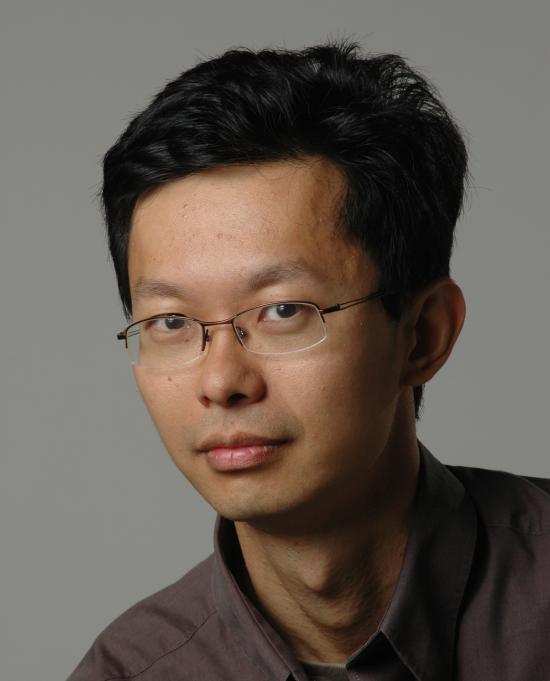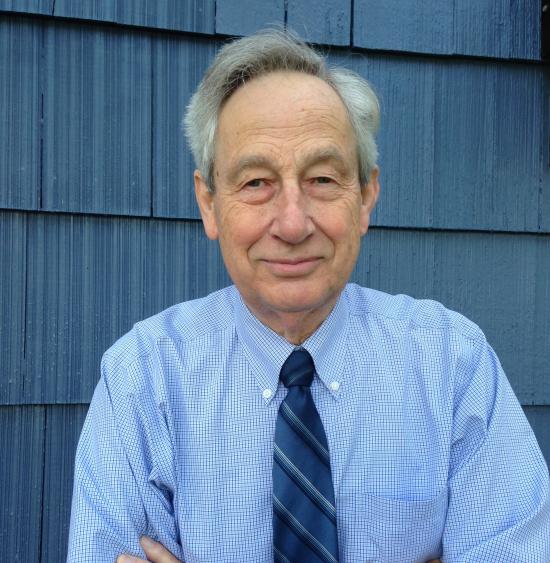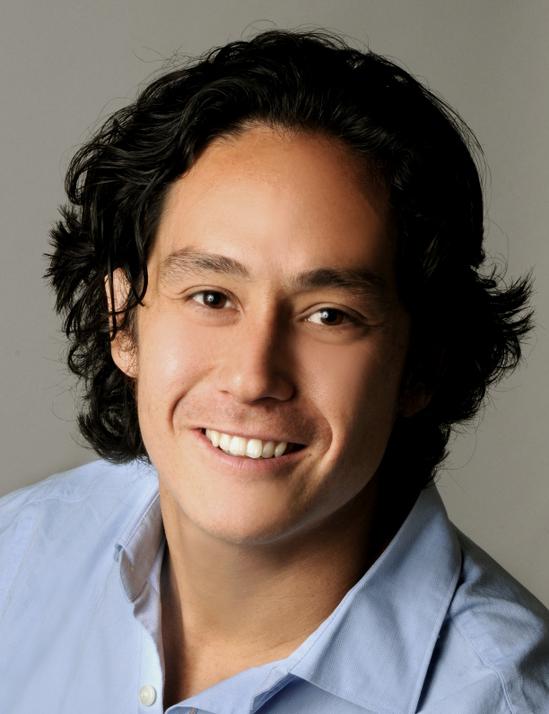101st Birthday Celebration
In 1918 UC Berkeley began a full-time program in library science. Head of School, Professor John Chuang, invites you to celebrate the 101st birthday and history of the School of Information, School of Information Management and Systems, School of Library and Information Studies, and School of Librarianship.
Professor Emeritus Michael Buckland will discuss the social and political mission early in the Library School’s history and Assistant Professor Joshua Blumenstock will talk about his work with data and economically marginalized populations.
Birthday cake and sparkling beverages to follow
Preceded by optional no-host luncheon at the UC Berkeley Faculty Club at noon.
Event Photos
Please RSVP below.
The School’s Social Mission: The Early Days
Professor Emeritus Michael Buckland
The School originated in 1918 to mitigate an acute shortage of qualified librarians in California. But this mission was founded on a strong social agenda to achieve economic efficiency, to foster social harmony, to promote individual personal development, to protect civil liberties, and to promote liberal democracy. Professor Buckland will review this social agenda with special attention to the role of public libraries, the rise of authoritarian political ideologies in the 1930s, the development of bibliography, and the interpretation of that social agenda in today’s circumstances.
Using ‘Big Data’ to Fight Poverty
Assistant Professor Joshua Blumenstock
In wealthy nations, big data and artificial intelligence are creating exciting opportunities for commercial profit and academic research. In developing economies, however, data is much scarcer, and it remains unclear if and how the world’s poor will benefit from the “data revolution.” This talk will discuss ongoing work that leverages innovations in machine learning to tackle problems affecting poor and marginalized populations. Professor Blumenstock will also highlight some challenges and pitfalls to be wary of in this line of research.
John Chuang is professor at the UC Berkeley School of Information, where he also serves as Head of School and Associate Dean. He received his Ph.D. in engineering and public policy from Carnegie Mellon University, M.S. in electrical engineering from Stanford University, and graduated summa cum laude in electrical engineering from the University of Southern California. His scholarship spans the areas of bio-sensory computing, brainwave authentication, and information economics and policy (including network economics, peer production, security and privacy). From 2015 to 2019, he was founding director of BioSENSE Lab, a multidisciplinary research team studying the application potentials and stewardship challenges of ubiquitous bio-sensing technologies.
Michael Buckland is emeritus professor in the School of Information and co-director of the Electronic Cultural Atlas Initiative. He grew up in England and studied history at Oxford and librarianship at Sheffield University. He trained at the Bodleian Library in Oxford and moved to the University of Lancaster Library in 1965. In 1972, Buckland moved to the United States to be Assistant Director of Libraries for Technical Services at Purdue University Libraries before becoming Dean of the School of Library and Information Studies at Berkeley from 1976 to 1984. He served from 1983 to 1987 as Assistant Vice President for Library Plans and Policies for the nine campuses of the University of California. Professor Buckland's interests include bibliography, library services, search and discovery, cultural heritage, and the history and theory of documentation.
Joshua Blumenstock is an assistant professor at the UC Berkeley School of Information and the director of the Data-Intensive Development Lab. His research lies at the intersection of machine learning and development economics, and focuses on using novel data and methods to better understand the causes and consequences of global poverty. At Berkeley, Joshua teaches courses in machine learning and "data-intensive development". Previously, Joshua was on the faculty at the University of Washington, where he led the school’s Data for Social Good initiative. He has a Ph.D. in information and an M.A. in economics from UC Berkeley and bachelor’s degrees in computer science and physics from Wesleyan University. He is a recipient of the Intel Faculty Early Career Honor, a Gates Millennium Grand Challenge award, and a Google Faculty Research Award, and is a former fellow of the Thomas J. Watson Foundation and the Harvard Institutes of Medicine. His work has appeared in a variety of publications including Science, Nature, the American Economic Review, and the proceedings of KDD and AAAI.













